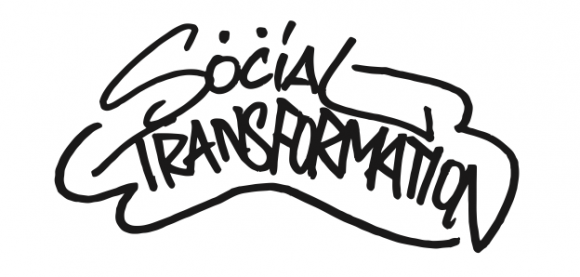
Some of the key issues that often correlate, coincide, or are caused by the elements of "Social Transformation" in a cooperative are as follows -
COOPERATIVE CULTURE
The ultimate goals and daily priorities of a cooperative are incredibly different between those committed to social transformation and those simply conducting cooperative “business.” Understanding one’s daily cooperative work as part of a global social movement, which trends towards broad-scale societal transformation, adds weight and importance to the work of cooperatives. It also enhances the contributions of each person, which helps to contribute to a heightened sense of self-worth and personal power. Social transformation answers the “why” for cooperators within cooperative work, and people striving together with a “why” of to “transform society” creates a markedly different culture than people simply working together in a slightly more ethical than average business.
RELATIONSHIPS OF SOLIDARITY
With a social transformation mentality and the expansive solidarity it implies, the number or kind of potential allies are many more beyond a conventional interpretation of the 6th and 7th Principles. It includes those in established and active cooperative communities, as well as l those implicitly practicing cooperativism. Examples of implicit cooperatism include all people broadly striving towards social justice and collective liberation, such as those pursuing environmental, racial, and gender justice. The social transformation interpretation of “Cooperation Among Cooperatives” and “Care for Community” encompasses concern for and solidarity with the earth and all its relatives - human and non-human, alike.
RELATIONSHIPS OF COERCION
After openly acknowledging foes to cooperativism, a key element of a movement orientation towards social transformation, the next step is to take action to resist or abolish them. The most pragmatic, first-next-step is to live the ethic of “non-participation” engaged throughout this toolkit. Simply not participating in relationships that are coercive and thereby perpetuate inequalities and other forms of harm, is one step closer towards a transformed, cooperative society. By focusing resources and attention on those relationships and systems of solidarity and drawing resources and attention away from those of coercion, it is a way of both building and actively living in the cooperative world cooperativism seeks to create and sustain.
